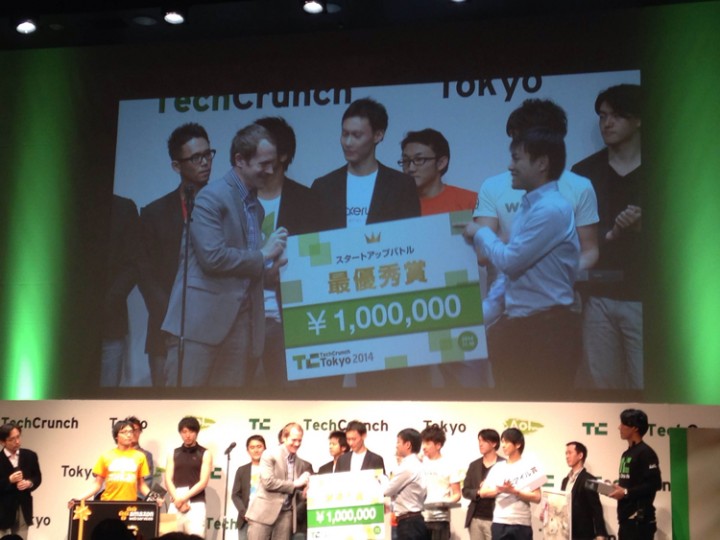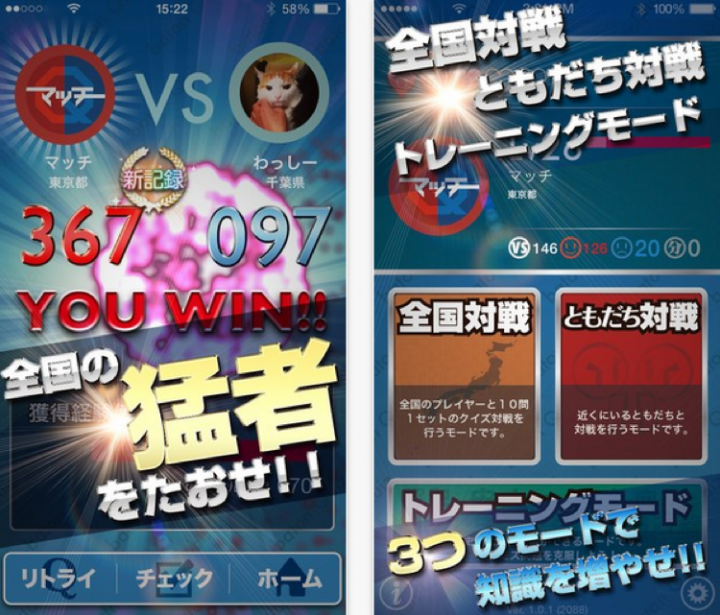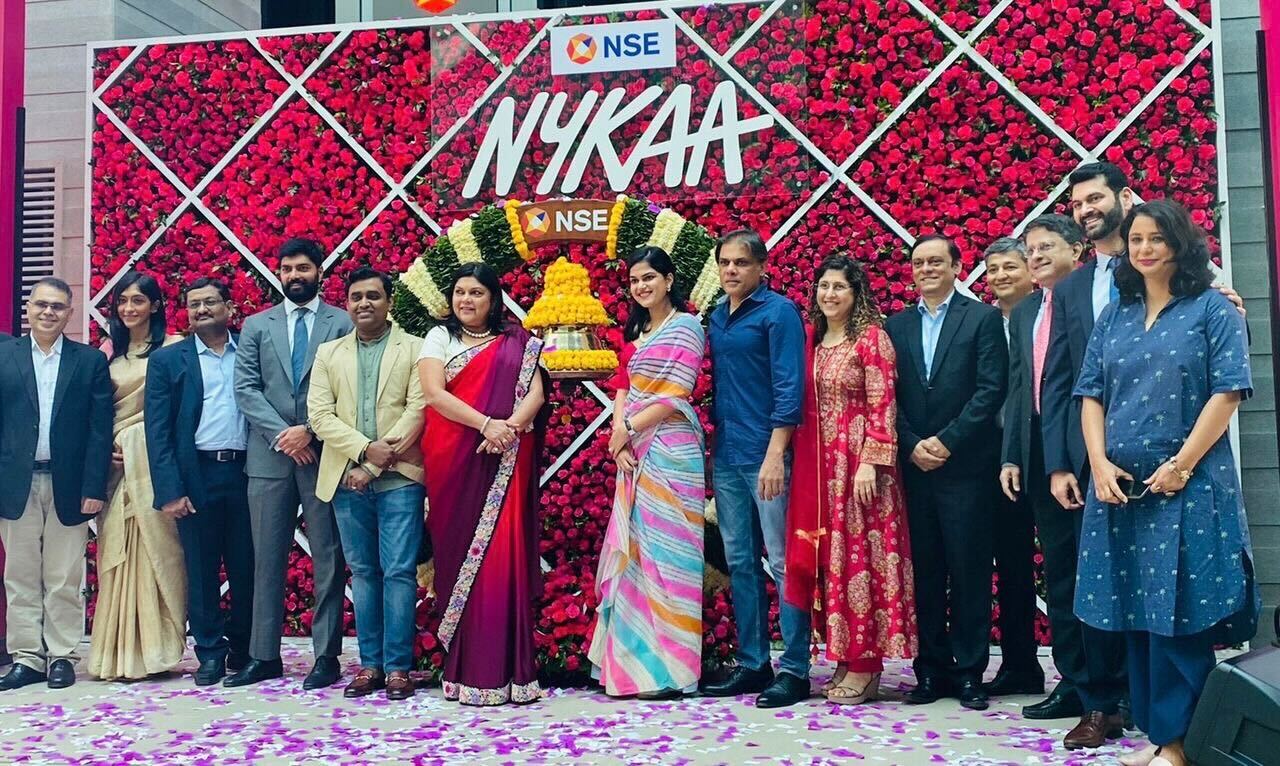12 startups battled at TechCrunch Tokyo; now meet the winner

AgIC founder and CEO Shinya Shimizu accepting the top prize from TechCrunch’s Ryan Lawler
TechCrunch brought its flagship conference to Tokyo for a two day conference full of keynotes, panel discussions, founder stories, and lots of startups. 12 of the best startups, culled from an application list of over 120, entered the Startup Battle to vie for the JPY 1 million (US$8,500) prize. All entrants are less than three years old and none of them are subsidiaries of listed companies.
Winning pitch contests is never a guarantee of success, but previous winners like Whill and Ring show that a strong performance here has at least some correlation with future success.
AgIC took top prize this year. Since the summer, AgIC has been making the rounds in Tokyo’s pitch contest events. It most recently won the Btrax sponsored Japan Night semi-final last month. The startup makes it possible for home printers to produce electrical circuits.
As explained in its Kickstarter campaign, “Recent advances in material science have made it possible to manufacture magical conductive ink. The ink contains tiny tiny silver particles whose size is less than a hundred thousandth part of a sesame seed! The ink dries in a few seconds and conductivity emerges instantly when the traces are drawn on our photo inkjet printing paper. You can make circuits exactly as you use a printer using ordinary ink at your home and office.”
TechCrunch senior editor Ryan Lawler handed over the award. “[AgIC is a] great company that can help innovation not just in Japan but around the world for makers to build their products,” he said.
AgIC also won sponsor awards from Intel and PR Times.
The rest of the competitors are listed below. Additional awards are also indicated.
Mikan
Mikan claims to be the app that will finally solve the difficulty of learning English. Instead of taking months to learn 1,000 words, Mikan users should be able to learn 1,000 words in a day. Swipe to the left to indicate the word is known, to the right for words you don’t know. Unknown words will continually appear until the user gets them right. After running through the list of vocab, there is a short test to hammer home the words.
The app has found some early fans. It was downloaded 100,000 times within its first five days of release.
Winner of the Amazon Web Service sponsor award.
Closet
Closet wants to take advantage of what it calls an underutilized resource – closets. The app allows users to take pictures of the clothes in their closets. Then they mix and match outfits using the clothes of other users and buy the items they want from certified retailers.
It launched two months ago and has collected 72,000 items, or about 28 clothing items per user. Looking forward, the company intends to grow in both B2B and B2C directions.
Akerun
Akerun is wants to save you the wasted time, money, and stress that comes with a lost key. The device affixes to a door lock and connects to your smartphone. While that creates a whole new set of issues if you lose your phone, there are some notable benefits.
With Akerun, users can use social networks to temporarily and remotely transfer the right to open a locked door to a trusted friend or loved one. Other potential uses are remotely opening the door to accept a delivery or syncing Akerun with internet-enabled household appliances so when you open your door, your entire room comes alive.
Winner of Global Brain sponsor award.
Wovn
Wovn wants to eliminate headaches stemming from website translation. Placing a simple line of code into your website lets you translate an entire website page in an instant.
Winner of Microsoft and Paypal sponsor awards.
Match
Match wants to make studying fun, so it designed a virtual world where users can travel to different lands, each representing different subjects. Upon arrival you can engage in knowledge contests with other players. Questions come in multiple choice as well as visual puzzles like identifying the correct picture of a historical figure.
After being released in August, the game has garnered nearly 10,000 downloads. It is the first step on the company’s journey to fulfilling its goal of seeing a user get into the top-ranked Tokyo University using only this game as a study tool.
Winner of BitAisle sponsor award.

A peek at the Match app
Bizer
Early stage startups are so focused on growing their business that back office concerns like human resources or press relations get pushed to the side. For a monthly cost of a about US$30, Bizer’s platform lays out all necessary tasks you need to handle for a given area of the back office.
The company says that most young CEOs spend an average of three hours of searching for the right answer or approach to an issue like procuring health insurance for employees. Since its launch six months ago, Bizer has helped 300 companies reduce that search time drastically.
FiNC
FiNC crowdsources nutritionists and trainers so you can finally diet successfully and easily. After sending the firm a tissue sample from your mouth, you will be set up with the right experts for your particular goals.
The process can be hands-on, with the nutritionist inspecting food pics and engaging in lengthy consultations, or just simpler ten-minute sync ups.
Winner of Gurunavi sponsor award.
Spacemarket
Spacemarket is trying to make a splash in the event space much the same way Airbnb stirred up the travel industry. Users can find a wide variety of regular and unique spaces to hold meetings, parties, study sessions, and the like. Spaces range from basic meeting rooms to jazz cafes to movie theaters. Sea-loving individuals can also rent a boat.
Bento.jp
Bento (named after Japanese lunch boxes) is a food delivery startup servicing the Tokyo area. Though there are several competitors in this space, the firm has earned some loyal customers. All orders are JPY 800 (a little under US$7) and 47 percent of first time users order a second item – 80 percent of those users come back for at least a third time.
Future users can expect to find they can order coffee and simple sweets as well.
Ytuber.tv
YouTube might not be as prevalent in Japan as in America (60 million users vs 180 million) but Ytuber.tv claims Japanese have a far higher usage rate. To address the interest, the startups collects online videos and turns them into 24-hour programming.
OpenLogi
Ecommerce is booming in Japan but OpenLogi says that the logistics of shipping products remains a major bottleneck. Compared to shipping on Amazon which the takes 14 steps, OpenLogi has simplified the process.
The company links up to established logistics companies and arranges the fine details with them so the user only has to share basic info like shipping address and shipping company.
Winner of GMO Venture Partners sponsor award and honorable mention from the judges.
See: Reflections on Techcrunch Disrupt Beijing: Why China Needs Its Own “Disrupt”
Recommended reads
 Get near-instant insights on Tech in Asia with Go Deeper Q&As
Get near-instant insights on Tech in Asia with Go Deeper Q&As Nykaa’s financial health in 5 charts
Nykaa’s financial health in 5 charts 60/40 Podcast: Trump’s tariffs in Asia, TSMC in the US, and more
60/40 Podcast: Trump’s tariffs in Asia, TSMC in the US, and more Binance, YG team up for metaverse, blockchain projects
Binance, YG team up for metaverse, blockchain projects 50 rising startups in China
50 rising startups in China JioMart shuts down pilot quick commerce service
JioMart shuts down pilot quick commerce service 🇮🇳 Roundup: GlobalBees buys fitness brand Reach, more
🇮🇳 Roundup: GlobalBees buys fitness brand Reach, more Podcast – Lessons from the collapse of HelloGold’s consumer business
Podcast – Lessons from the collapse of HelloGold’s consumer business Square Peg backs Notion-like startup for presentations
Square Peg backs Notion-like startup for presentations 3 tips for running an optimal booth at a tech conference
3 tips for running an optimal booth at a tech conference
Editing by Paul Bischoff
(And yes, we’re serious about ethics and transparency. More information here.)









